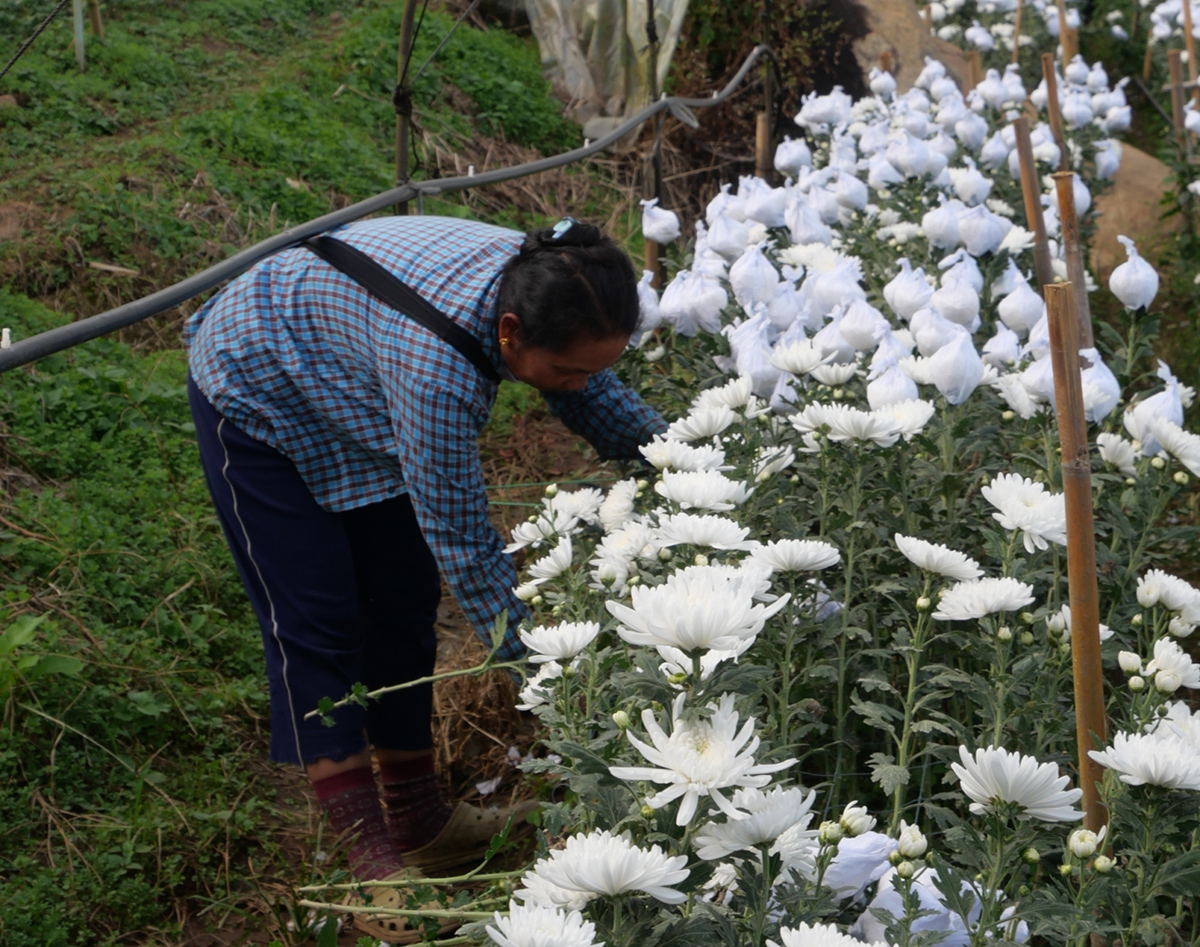Large numbers of young people in Southeast Asia seek work opportunities outside their home country, migrating both regularly and irregularly and with little power to access or negotiate safe migration and fair work conditions. Migration brings many positive outcomes, but the risk of exploitation is high, and the potential for human trafficking has attracted significant international attention. Today, World Day of Social Justice (20 February), is a fitting moment to reflect on our responses to such exploitation and what we could be doing better.
While the need for holistic responses, covering prevention, prosecution and protection measures, is recognised, in practice responses have disproportionately relied on prosecution through criminal justice systems: that is, pursuing prosecutions of those deemed responsible for trafficking in persons, with less focus on addressing the vulnerabilities that labour migrants experience. This is evident on the part of some of the major bilateral donors working on issues of trafficking, as well as the governments in the region and some large non-government organisations. In part, the focus on criminal justice derives from the original development of the United Nations trafficking protocol and its focus on organised crime.
But labour migrants in Southeast Asia experience highly diverse forms of exploitation, which should prompt more diverse prevention and response efforts. Prosecution alone is a blunt tool for dealing with a highly complex issue, and is arguably unrealistic given the scale of exploitation and the prevailing political economy of countries in the region. A broader set of responses is needed that better accounts for the many forms of exploitation that labour migrants experience.
Research I am working on with ODI for the ASEAN-Australia Counter Trafficking program is unpacking the vulnerabilities that labour migrants face along the labour migration cycle in Cambodia, Laos, Thailand and Vietnam (with further country studies to be undertaken in 2023). One of the key emerging findings is that there is a wide spectrum of exploitation that labour migrants experience, ranging from trafficking with connections to organised crime through to experiences of labour abuse. The point is not to suggest that some forms of exploitation are worse – different types can be equally egregious – but rather that they require a more diverse set of responses.
The span of exploitative experiences that the research captures ranges from deceptive recruitment into online scams around casinos in Laos and Cambodia’s Special Economic Zones with links to Chinese organised crime (with migrants confined and potentially sold into forced labour or sex work); to forced recruitment onto fishing vessels in Thailand; withheld pay, sexual assault and unpaid overtime in Thailand’s manufacturing sector; and long hours and poor living conditions in Thailand’s agricultural sector.
Even where it is theoretically possible to report exploitation to authorities, complicity and the risks of bribes, fines, detention or deportation mean that labour migrants rarely report. Employers thus often act with impunity.
Criminal justice responses to trafficking have been criticised for their neglect of rights-based approaches, but there are three specific concerns with their effectiveness to highlight here.
First, the effectiveness of criminal justice responses is likely to be limited given the political economy of the countries involved. A focus on perpetrators delivers tangible results in terms of prosecutions and convictions, and creates pressure for quantity over quality: large numbers of low-level brokers are arrested and prosecuted, but more complex cases of trafficking that involve organised criminals and employers are rarely investigated. This approach risks committing an additional injustice by locking up those easiest to target but not the most culpable of abuse.
In countries where justice systems face significant capacity, coordination and incentive challenges, it is difficult to conduct complex, cross-border investigations. This is exacerbated by migrant-sending countries’ reluctance to jeopardise bilateral relations and the flow of remittances from destination countries. The prioritisation of business interests and economic growth in some countries has led to a reluctance to prosecute and convict those who benefit most from the exploitation – the business owners and employers that use forced labour. So, the political economy of the justice sector, and wider political settlement in the countries involved, mean that response efforts that prioritise criminal justice are unlikely to have the outcomes that donors and implementing agencies intend.
Second, criminal justice has limited reach in dealing with the problem at scale. In Thailand, the population of labour migrants from Cambodia, Laos, Myanmar and Vietnam in 2018 was estimated to be 3.9 million, yet only 455 individuals were formally identified as victims of trafficking in 2017. In Cambodia, Laos and Vietnam combined, there was a total of 106 prosecutions of traffickers that made it to court in 2021, resulting in 142 individual convictions. While not all labour migration is exploitative, such figures indicate that a response that is predominantly focused on criminal justice reaches only the tip of the iceberg. It is not a scalable solution, and it fails to address the needs of the vast majority of those experiencing exploitation.
Third, the wider underlying causes of exploitation are neglected. Focusing on the criminal justice element of response risks treating the problem as one driven by the criminal behaviours of individual perpetrators, rather than one perpetuated by systemic drivers and incentives. It ends up trying to address exploitation by targeting a small number of exploiters, rather than addressing the ways in which the potential for exploitation is encoded within the structures, institutions and incentives of the way the world works (or has been made to work). Far less apparent in international responses, for instance, has been a focus on how the current dominant economic system drives ever-greater cost savings in supply chains, which in turn creates incentives for cheaper labour, exposing those at the end of supply chains to poor working conditions and insufficient (or withheld) pay.
The ODI research proposes an alternative approach (and detailed recommendations) that uses a criminal justice response more selectively; adopts a migrant-centred lens; tailors responses to the local political economy; and recognises and addresses systemic drivers of exploitation. By reorienting responses to labour exploitation in Southeast Asia, migrant workers can be supported to enjoy fair recruitment and labour rights protection, thereby reducing their vulnerabilities to human trafficking.




